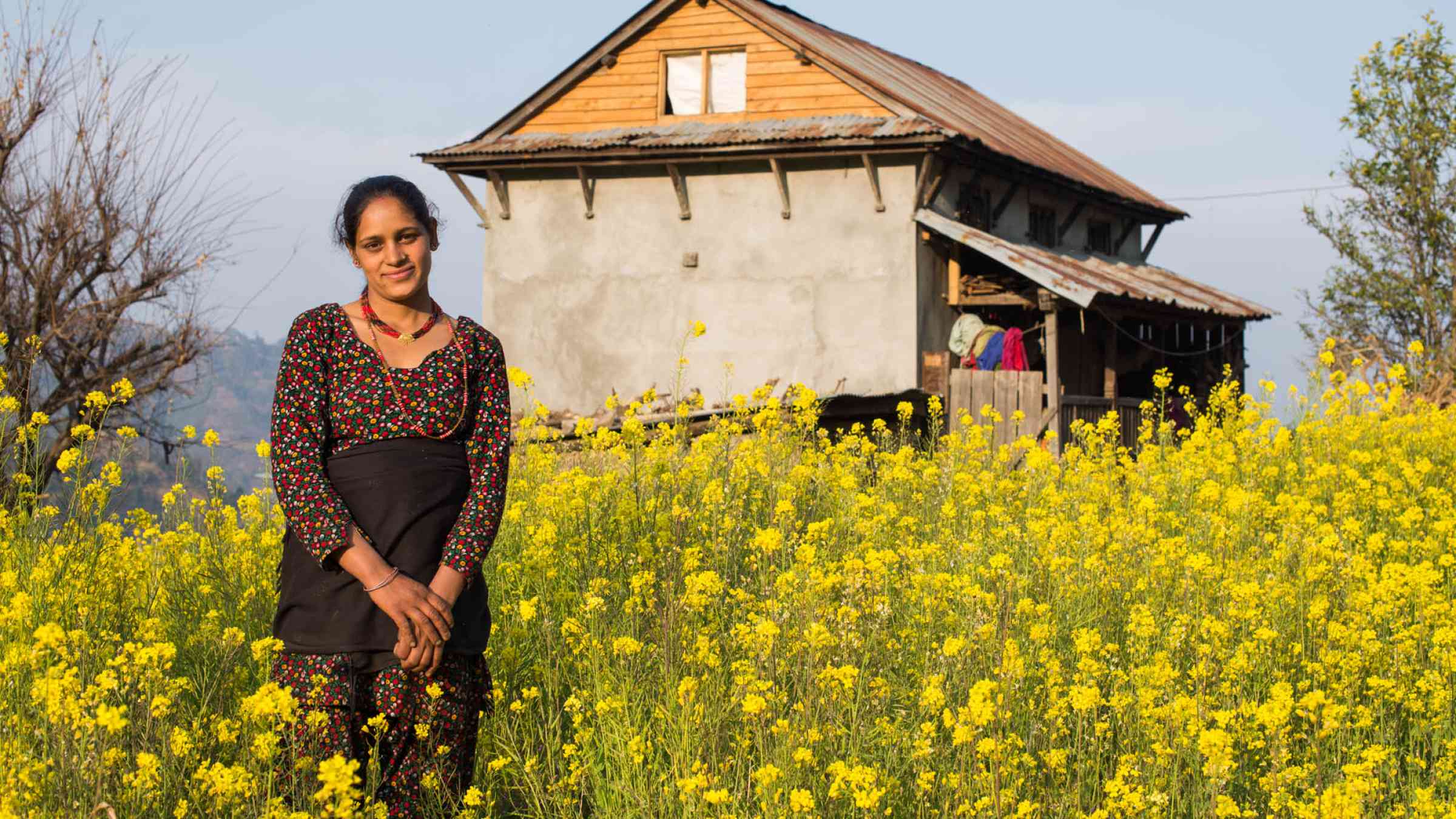The Importance of Home: Preparing Houses and Communities for Disaster and Displacement
The Sendai Framework recognizes the varied and severe impacts disasters have on humans, including the destruction of housing. Annually, 14 million people are made homeless from disasters. Housing inadequacy experienced by over 2 billion people worldwide plus disasters means a constant threat to lives and livelihoods, loss of assets, and the inability to build or generate wealth, keeping the most vulnerable populations stuck in a cycle of poverty and vulnerability.
This event will present and engage participants in two tools available to local governments in the Global South to support resilience efforts by increasing communities' access to affordable resilient housing and preparing for the impacts associated with potential disaster displacement.
One of the most effective strategies to prevent extreme weather, chronic climate impacts, and events such as earthquakes from becoming large-scale disasters is adequate preparation ahead of time: ensuring that the policies, financing and technology exists to provide resilient housing at scale. One of the most effective means of doing this is retrofitting existing homes to be disaster resilient through affordable, accessible and locally-available means.
Build Change's technical assistance platform, BCtap, offers a customized, easy-to-use digital solution for governments and homeowners to provide and access the skills, materials and finances necessary to make their homes resilient. During this Learning Lab, participants will be taken through a series of mock BCtap processes to understand the possibilities the tool offers and how they can apply the technology to their own resilient housing programs.
Sometimes, displacement in the context of disasters and the adverse effects of climate change cannot be avoided. As an example, in Pakistan in 2022, close to 8 million people were displaced and at least 2 million homes destroyed, due to unprecedented floods. In Asia and the Pacific, in 2023 alone, there were about 4.1 million displacements due to disasters. This presents a significant humanitarian and development challenge for the Asia-Pacific region.
UNDRR with partners has developed a series of tools to help local governments prepare for disaster displacement, including the Disaster Resilience Scorecard for Cities and its Addendum on Disaster Displacement. The Scorecard Addendum on Disaster Displacement is part of the Making Cities Resilient 2030 Initiative's Disaster Resilience Scorecard for Cities. It is a self-assessment tool supporting local governments to design, formulate and implement policies to include displaced persons in DRR. It aims to promote the integration of disaster displacement within wider DRR policies, management and planning processes to: prevent and prepare for displacement; when displacement is unavoidable, ensure displacement takes place in a dignified manner; limit how long people are displaced, and the extent of the challenges they face when living in displacement; strengthen the resilience of displaced persons and all those living in the city/municipality. By applying the Scorecard Addendum, local authorities can identify gaps and areas for improvement in addressing disaster displacement within their cities.
By introducing and familiarizing local authorities with these two tools, they will be better equipped to prepare their communities for disaster, prevent displacement, and address displacement effectively in the event that is unavoidable. In a world where the frequency and severity of disasters are increasing annually, such tools are essential in order to build resilient communities, and safeguard the health, wellbeing, and physical and economic security of communities.
Speakers
- Joel Herold, Director of Application Development, Build Change
- Liva Shrestha, Lead Structural Engineer for Asia Pacific, Build Change
- Girlie Lopez, Philippines Country Program Manager, Build Change
- Atty. Violeta Seva, Senior Adviser to the Mayor of Makati City, Philippines
- Nick Bishop, Disaster Risk Reduction Programme Officer, IOM
- Christelle Cazabat, Head of Programmes, IDMC
- Nacanieli Speight, Regional Adviser on Disaster Displacement, IDMC/PDD
- Sarah Koeltzow, Policy Officer, PDD
- Sunisa Ho, Associate Programme Management Officer, Making Cities Resilient, UNDRR
Learn more
BCtap website: https://bctap.buildchange.org/
Build Change resources / publications: https://buildchange.org/resources
About the Disaster Resilience Scorecard: https://mcr2030.undrr.org/disaster-resilience-scorecard-cities

Agenda
Location
Philippine International Convention Center
Online access
Details
Organized by
Build Change Platform on Disaster Displacement (PDD) International Organization for Migration (IOM) United Nations Office for Disaster Risk Reduction (UNDRR) Internal Displacement Monitoring Centre (IDMC)Contact
Ariana Karamallis, Global Advocacy & Development Associate, [email protected]
